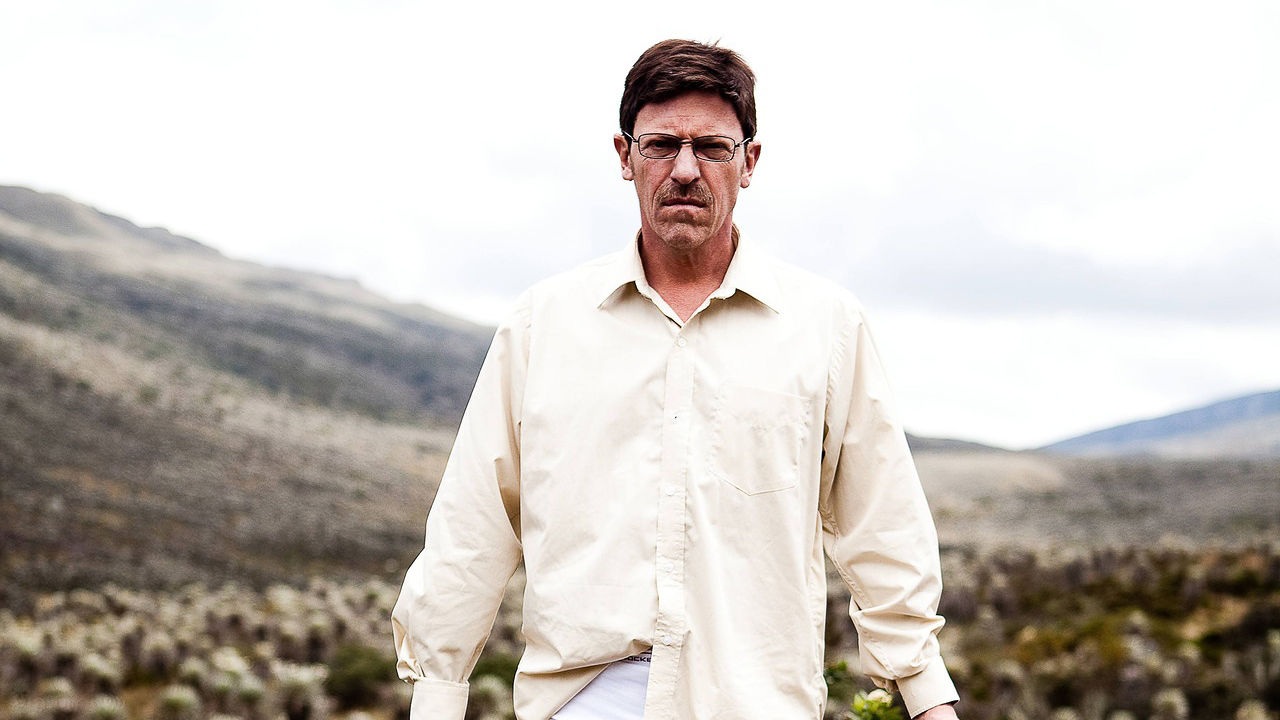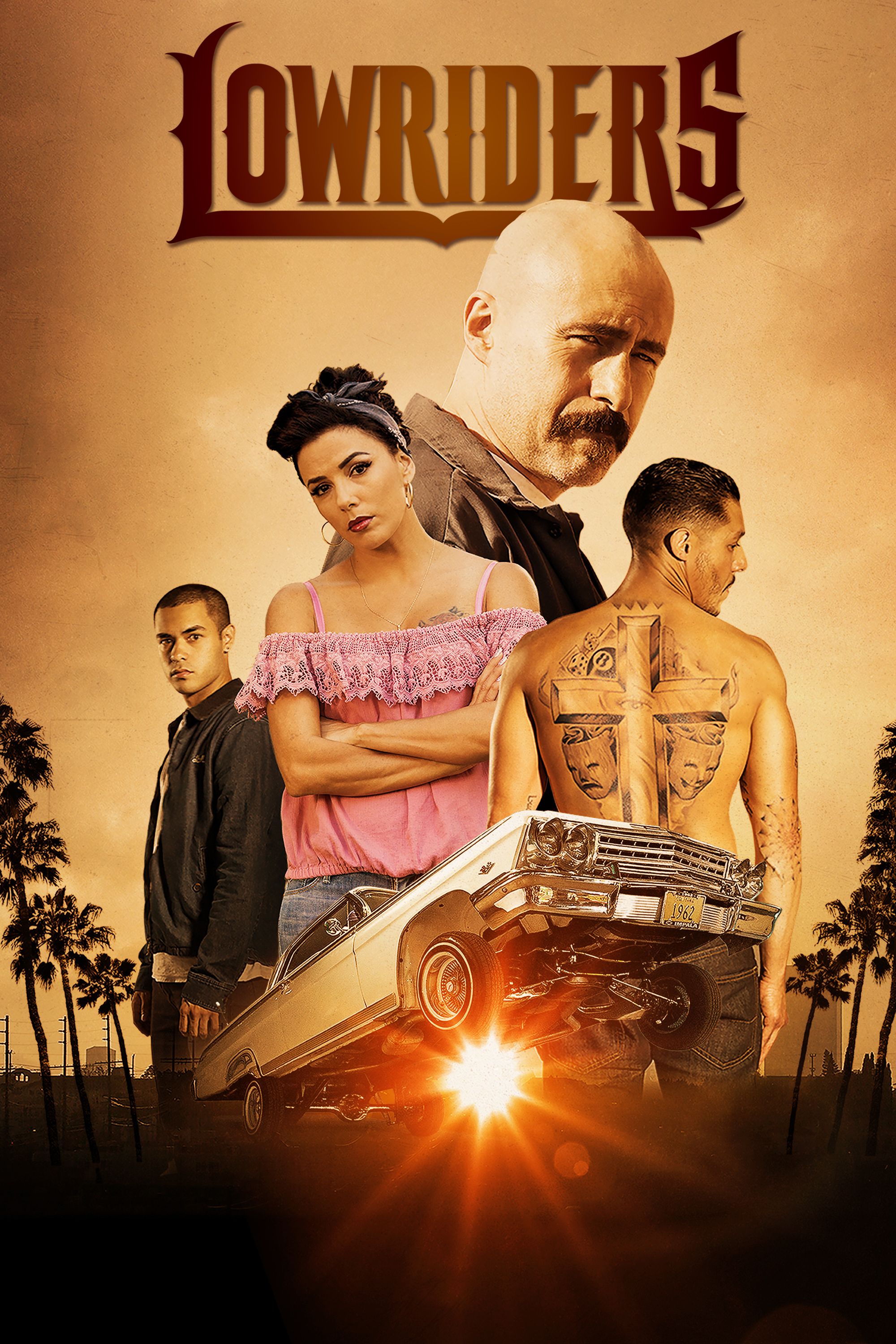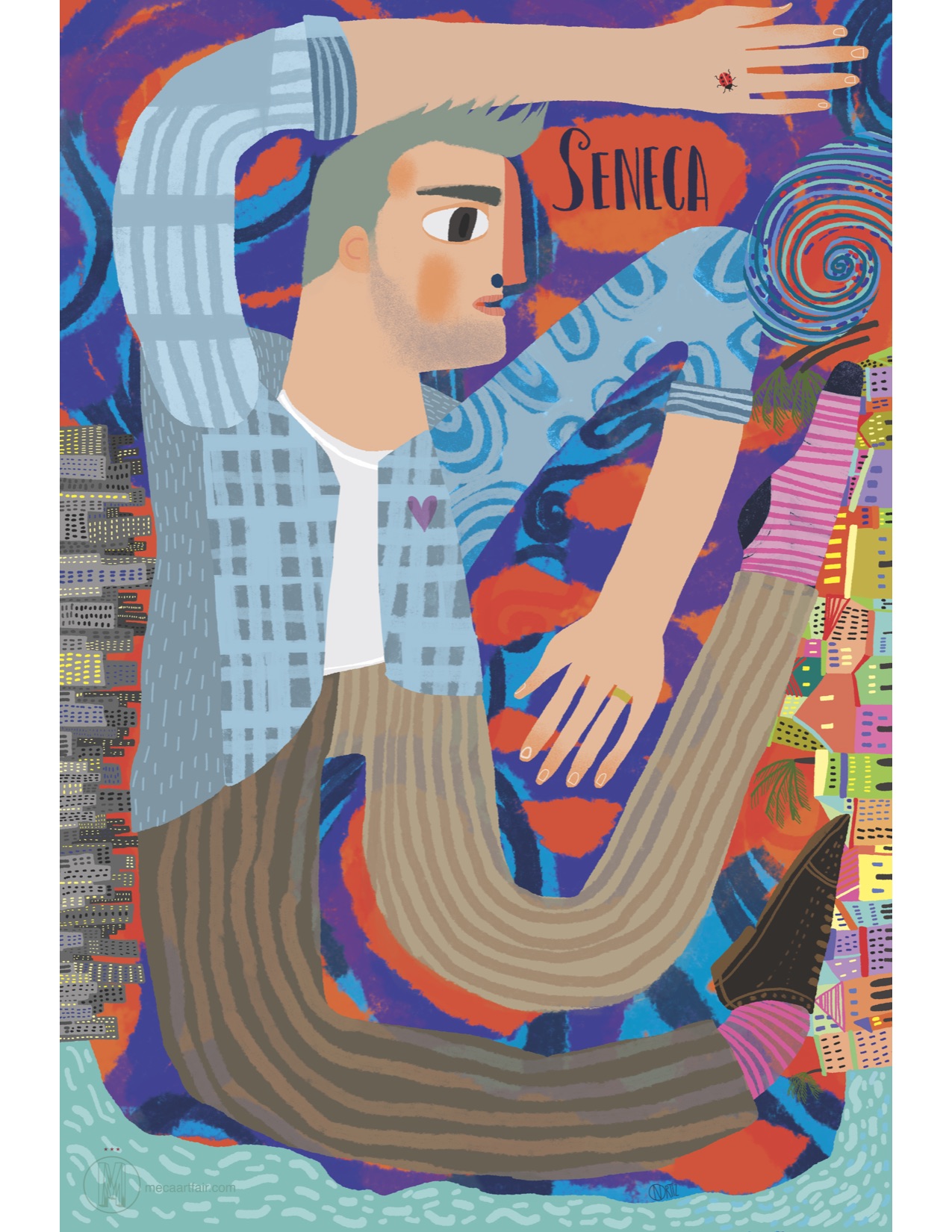06.11.2014 | By Mariana Dussan |
This past Sunday, “Metastasis,” the Spanish version of the Emmy Award-winning series “Breaking Bad,” premiered simultaneously on UniMas, Univision and Galavision. The remake tells the same story as the AMC original, but with cultural adaptations that allow it to makes sense with Bogota, Colombia as its backdrop.
This debut highlights an enthusiasm from both producers and audiences for drug cartel related shows, in fact, The Hollywood Reporter predicts that due to the drug and violence theme the show “promises to be more mainstream” with Spanish-speaking viewers who are already “accustomed” to narconovelas.
The trend started in 2008 with Telemundo’s “Sin Senos No Hay Paraiso” (“Without Breast There is No Paradise”), a remake of the 2006 Colombian telenovela, “Sin Tetas No Hay Paraiso.”
According to TV By The Numbers, in 2009 Telemundo announced that the show had been the most successful novela in the network’s history …” From that point on Telemundo was hooked – releasing at least one narconovela per year – and within six years other major Spanish-language channels jumped onboard.
Between Telemundo, Univision, MundoFox, Mun2, UniMas and Galavision almost 20 narconovelas have premiered in the U.S. Some of the most popular have been: “El Cartel de los Sapos” (2008), “Victorinos” (2009), “El Capo” (2010), “La Reina Del Sur” (2011), “El Señor de los Cielos” (2013) and “La Viuda Negra” (2014).
According to Semana News, the reason studios aim for narconovelas is “…to make each story a reflection of the aspirations and concerns of our community,” Joshua Mintz, an executive of Telemundo Studios, told the publication.
Rafael Amaya, who plays the lead in “El Señor De Los Cielos” – set to start its third season in 2015 – agrees. “We no longer believe in the perfect characters of the rose-colored novelas,” he told Semana News. “The novella I’m doing is a reality that we live everyday…after ‘La Reina del Sur’ we noticed that people wanted to see these stories.”
But what drives the audience’s craving?
According to Omar Rincon – journalist, television critic, screenwriter, researcher and professor of journalism and communication at the University of The Andes in Colombia – “…it is a cathartic chance for viewers of any country to take a peek into this strange, but attractive world of drug cartels.”
He also added that “Narconovelas are always first in ratings… only if they’re not critical of the phenomenon, but rather indulgent stories about drug traffickers … the drug dealer is a popular hero.”
Science Daily reported that a 2013 study from the University of Augsburg, Germany and the University of Wisconsin-Madison about why people are attracted to violence found that: “Perhaps depictions of violence that are perceived as meaningful, moving and thought-provoking can foster…admiration for acts of courage and moral beauty in the face of violence…”
Essentially, since drug traffickers are portrayed as heroes, viewers admire them.
But there’s more, people are also attracted to violence in entertainment because it creates a safe adrenaline rush. “…it’s noradrenaline and it’s testosterone, and it’s cortisol — these are the so-called stress hormones,” Douglas Gentile, Iowa State University professor who studies the effects of violent video games on children told NPR news. “That’s exactly the same cocktail of hormones you drop into your bloodstream if I punched you… but when you know you’re safe, having that really heightened sense of stress can be fun.”
So folks, the final lesson here is that narconovelas are sticking around for while. Not only do audiences like them and want more, it also gives channels higher ratings, which equals more money, but what about the ethics behind showing them? On the one hand I believe that they further promote the violent image of Colombia and Mexico (goodbye tourism), but on the other I also think it’s an opportunity for U.S. Latinos to learn about and discuss past and present socio-political issues of those countries.
What are your thoughts on the narconovela trend? Should Spanish-language TV continue to propagate them or shift to lesser violent programs? Share them in the comments below.





























